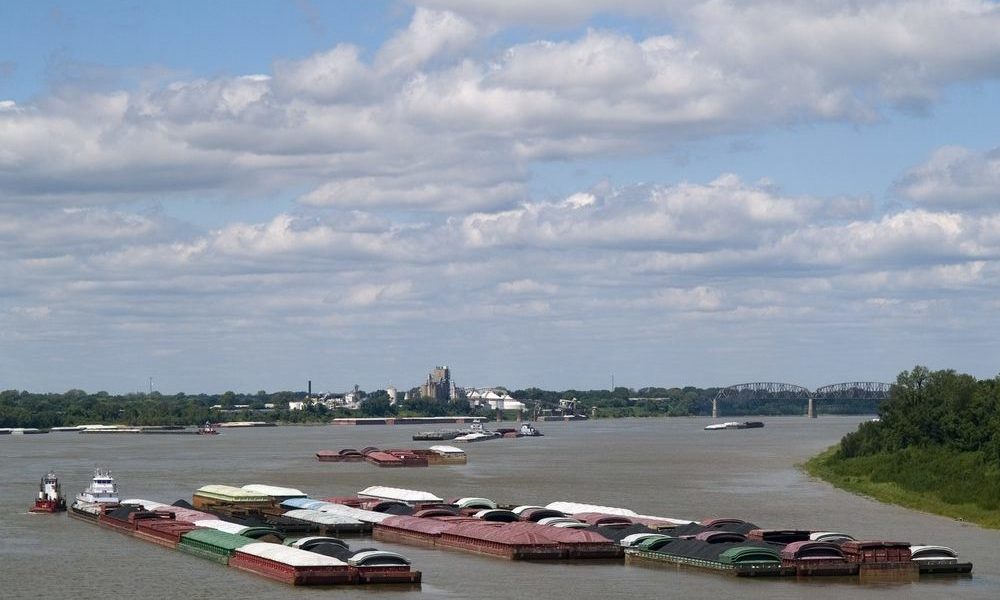Indian Navy Battles Engine Room Fire on Tanker in Gulf of Oman
The Indian Navy stealth frigate INS Tabar has responded to a distress call from the Pulau-flagged tanker MT Yi Cheng 6 in the Gulf of Oman on Sunday after the...

The U.S. Coast Guard is warning vessel owners and operators of the hazards associated with water and other contaminants in marine fuel systems.
The Coast Guard’s Inspections and Compliance Directorate issued Safety Alert 06-22 on Thursday addressing the issue.
The safety alert comes after a Coast Guard investigation into a loss of propulsion on a towing vessel while operating in a pushing configuration on the Mississippi River approximately three hours after getting underway and about 3.5 hours after receiving fuel from a shore-side facility. Fortunately, there were no significant damages or injuries as a result of the incident.
The subsequent investigation revealed that the vessel’s fuel tanks and fuel service system to the engine were heavily contaminated by water, so much so that the vessel’s engines initially suffered a reduction in power before shutting down completely, resulting in a total loss of propulsion.
Vessel operators and engineers have long known the hazards associated with contaminated fuel, but fortunately, advancements in fuel quality standards and onboard purification and filtration systems have resulted in fewer casualties tied to the issue. But improvements of main engine designs have also resulted in precise machining and smaller clearances in engine parts, including pumps, bearings, cylinders, burners and injectors.
With this in mind, contaminants such as sediment and water can have detrimental impacts on equipment designed to operate on clean, water-free fuel and, in addition, because fuel is constantly consumed while the vessel is operating, there must be continued vigilance in fuel procurement, as well as system operations and maintenance, in order to maintain fuel quality.
While large ships often have the benefit of having the space and power available to operate centrifugal purifiers, the same cannot be said for smaller vessels operating only on rivers or lakes. These types of vessels often only have one or two filters installed directly in the fuel supply line and those types of filters are not as efficient as centrifugal purifiers for removing water.
“The effects of water and other contaminants in fuel systems can be detrimental to the operation of any vessel,” the Coast Guard’s safety alert says. “From large commercial ships operating internationally, to inland towing vessels and recreational boats, failure to ensure a supply of fuel free of water and contaminants can have devastating consequences.”
As a result, the Coast Guard strongly recommends that vessel owner and operators take a number of steps to help the prevention of water and contaminants in fuel. These steps include:
Safety Alert 06-22 can be found on the Coast Guard’s Office of Investigations Casualty & Analysis’ Safety Alert website.

Sign up for gCaptain’s newsletter and never miss an update

Subscribe to gCaptain Daily and stay informed with the latest global maritime and offshore news


Stay informed with the latest maritime and offshore news, delivered daily straight to your inbox
Essential news coupled with the finest maritime content sourced from across the globe.
Sign Up